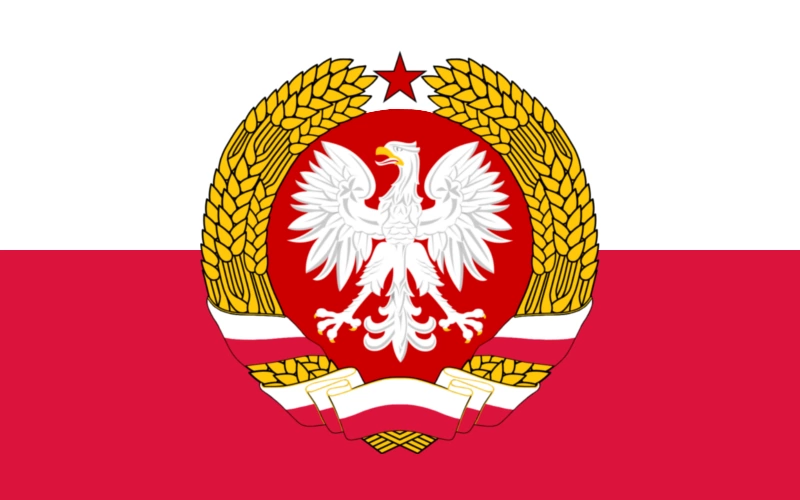Kamil Janicki, “Serfdom. A real history of Polish slavery”, Wydawnictwo Poznańskie 2021
First. Yes, a single actually good book about social history of Poland is case such unique in last decades that it’s worthy of notice.
Second, the disclaimer. As i mentioned several times, you can’t publish a book in Poland without it including a ritual attack on USSR and/or communism (it’s even in pulp romances and youth adventure novels), and especially a book about history. This one includes it too, completely non seqitur nazis and Soviet equation on quarter of page.
Why that book is good, you will ask? Because it is the most historically materialist book written in Poland i seen in a long time. It used many socialist historian sources and it look at the topic from the class point of view, nearly everything is analysed through the lens of property and economy, even the parts about church are devoid of idealistic bullshit. Author mostly avoid marxist vocabulary, though one of the sub-chapters straight out call turning feudal farming into the slave-labour driven commodity production “capitalism without the risk”, and he often uses the word “exploitation”, and even in correct meaning.
Next, author openly stated he’s fed up with the apologetic bullshit peddled in modern Polish historiography and busts several longstanding myths about the topic, for example:
- Number of nobles in Poland, according to myth it was almost 10%, but in reality barely over 5%, and in the most populous provinces in Greater and Lesser Poland there were even less nobles than in Western Europe.
- “All inns were Jewish, Jews were responsible for alcoholism epidemic”, even the premise is false, overall around quarter of inns were run by Jews and mostly in the south-east, in Greater Poland for example there was less than 0,5% Jews in that business. Second part is nonsense too, inns were controlled by local nobles, landowners, church etc. Jews were only as we could say today “franchising” it. Also the word “inn” is inadequate for the polish word “karczma”, those were mostly just peasant huts used for meeting and drinking.
- “Socialism is responsible for shitty Polish work ethics”. Even on a first glance, there was 40 years of socialism which actually greatly improved things after 400 years of slavery, it’s pure slander, how do they think work ethic would look in a country where nearly 90% of people were literally enslaved for 400 years?
- “Polish serfdom was not that bad” It was slavery. Straight up, even foreign noble travellers were horrified.
There’s several topics and aspects analysed in the book chapters:
- Genesis of serfdom in Poland
- XVII century catastrophes and their dire consequences for peasants
- What is serfdom
- The extend of peasant exploitation in Poland, also taxes.
- Violent noble rule, law of fist and oppression over serfs
- Control, invigilation, propaganda, obscurantism as tools of oppression
- Role of alcohol in exploitation and addiction of peasants. Inns. Propination
- Serfdom as chattel slavery andd rule over peasants life and death
- Absolute poverty
- Forms of peasant resistance
I wrote this post in English mostly for informative reasons, since that book will be likely never translated to English, and for you to know that not only semenbag montefiore can be published in Poland, even if that’s one good book per 6 years on average. Also i promised @vovchik_ilich@hexbear.net :)


The feudal period is romanticised, as poland was at the time a big power in europe, the horrific treatment of serfs is barely talked about.
Regarding polish work ethic, there is this common idea in poland that we are lazy people and thats why we are poorer than western europe. Its also completely not true as we have one of the highest average amount of hours worked per year in EU.